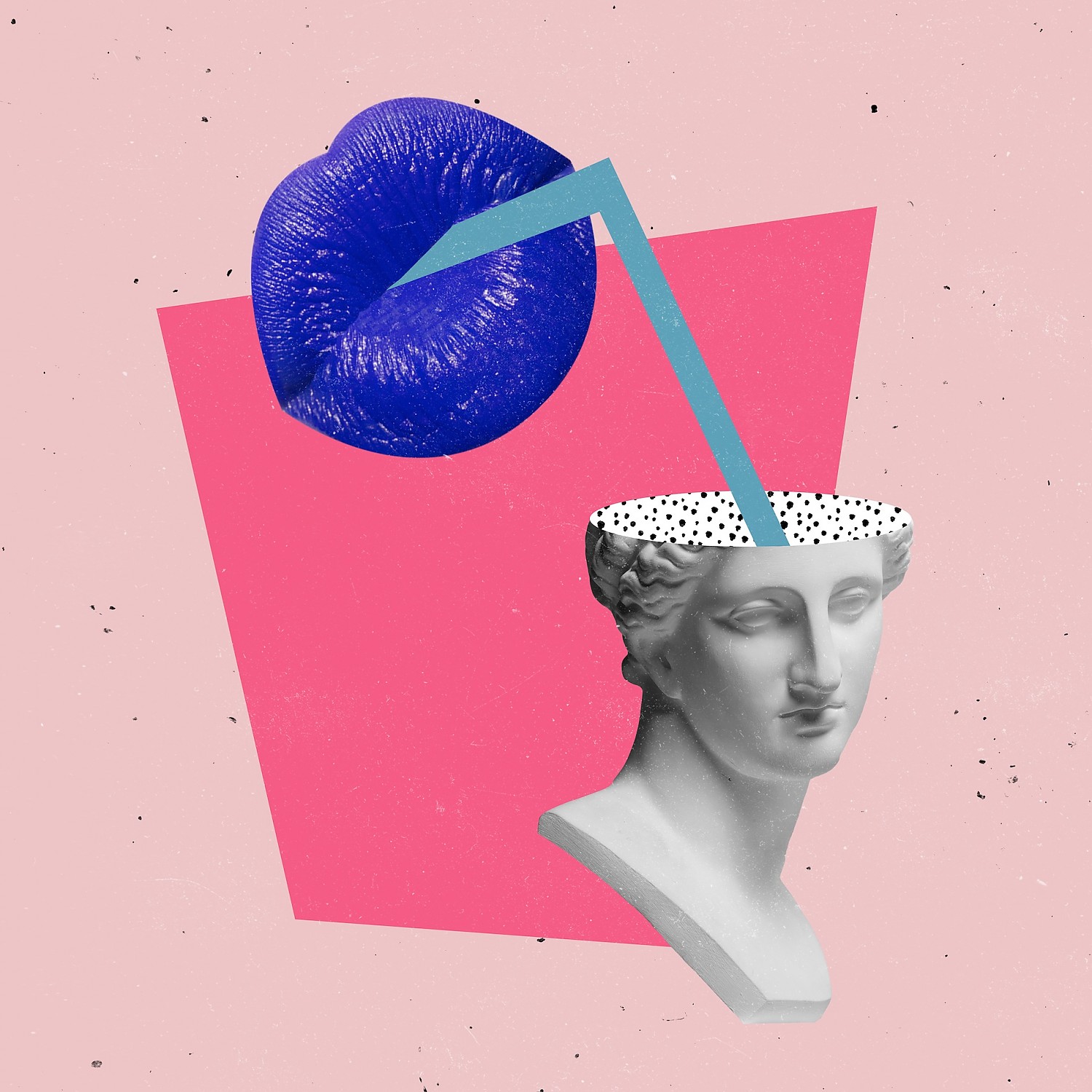Straight from the experts: 3 tips to overcome the desperate state of a creative block
“Creative people do a lot of trial and error and rarely know where they are going exactly until they get there.” - Scott Barry Kaufman
“Creative people do a lot of trial and error and rarely know where they are going exactly until they get there.” - Scott Barry Kaufman

While searching for inspiration to write this blog post, I ironically came across an engaging article on “How to beat writer’s block”, written by Maria Konnikova for The New Yorker published in 2016. Even though it is not a particularly recent article, I’m sure you would find it as current and invigorating as I did. This “creative blockage”, however, is not exclusive to writers, in fact, I dare say, it affects everyone across all the creative fields. Sometimes, invoking Hesiod’s 9 muses or Camões’ divinities, the Tágides is not enough to overcome a creative block.
In fact, the sense I get, from what I’ve been reading on this topic is you really shouldn’t have a passive attitude when it comes to finding inspiration, in other words, don’t wait for inspiration to strike you, go after it! Furthermore, waiting is not always an option, all creative people, whatever the creative field they work in face deadlines and expectations and like everyone else: delivering under pressure is sometimes the reality. In this blog we’re going to explore some of the ways in which you can overcome the “vicissitudes of the trade”.
We have addressed this issue in the past, where we even suggested some general activities to get the creative juices flowing. You can read all about it here: “Creative Process - How to improve it?”. However, since it is such a recurrent and relevant theme within the creative community we thought we would give it another go, but this time with a twist. This time round the tips come directly from some of the most renowned creative minds themselves.
For someone who’s novels have stood the test of time, it is truly “hard to believe that he could ever suffer from writer’s block” as Maria Konnikova puts it in her 2016 New Yorker article. However, in the 1950’s he notoriously suffered a “writer’s blockage” and resorted to a dream journal to overcome the creative halt he found himself in. In fact, your dreams are solely yours and are not subject to external (or self) judgments, expectations. In other words, when you dream, your mind is not enslaved by your conscious state and therefore new ideas and inspiration may arise. Konnikova found a quote by Yvonne Cloetta, coincidently Greene’s mistress, that beautifully illustrates the purpose of a dream journal:
“If one can remember an entire dream, the result is a sense of entertainment sufficiently marked to give one the illusion of being catapulted into a different world . . . . One finds oneself remote from one’s conscious preoccupations.”.
In his book “The Creative Act: A Way Of Being” Rubin shares a number of methods for unlocking creativity, based on his lifelong experience in working with musicians. According to Rubin, one of the ways to overcome a creative block is to connect with your inner-child, embrace curiosity and sought out different environments and experiences. We are creatures of habits, therefore whenever we find something that works, we tend to stick to the realms of it, which may lead up to a creative block. Rubin suggests that inspiration can be found anywhere, but exploring different avenues is key to help you find it.
In fact, the smallest thing can be a big catalyst. Distracting your brain with something that isn’t necessarily related to the project you are working on, can be a great way to reset your creativity. Everyone has probably been in a situation where they have forgotten what they were about to say. No matter how hard you try, in that moment, you aren’t able to recall the subject, until later on when you are not focused on the issue anymore.
Even though I was familiar with his illustrations, the first time I got a glimpse of the artist behind the myth was on Netflix’s Abstract: The Art of Design, which I can’t recommend enough. I was mesmerised with his creative routines, his skills but above all his incredible power of abstraction. If you watch this show, you’ll learn that Christoph Niemann is German illustrator, graphic designer, and author. He is best known for his editorial illustrations that have appeared in numerous publications, including The New Yorker, The New York Times, and National Geographic.
What resigned with me was Niemann’s continuous doodling, his inexhaustible source of creativity and his refusal to stop creating (whether the quality of his production was good or bad). In a 2017 interview for The Talks, Niemann mentions that the best remedie to overcome the feeling of creative stagnation is to forget the big idea and just focus on taking small steps, and trust it will lead you somewhere.
If none of these tips work for you you can always try Camões’ technique and dramatically proclaim the following verse (in portuguese, of course, the tágides don’t speak English):
E vós, Tágides minhas, pois criado
Tendes em mim um novo engenho ardente,
Se sempre em verso humilde celebrado
Foi de mim vosso rio alegremente,
Dai-me agora um som alto e sublimado,
Um estilo grandíloquo e corrente,
Porque de vossas águas, Febo ordene
Que não tenham inveja às de Hipocrene.